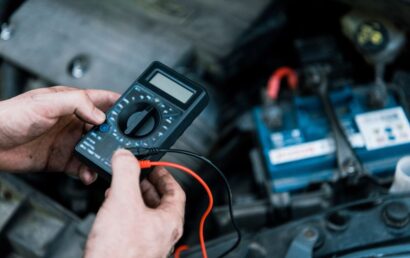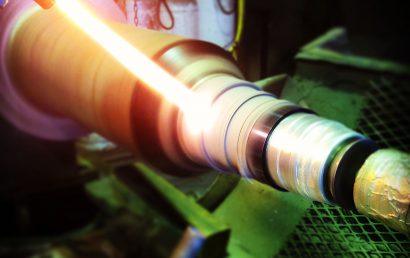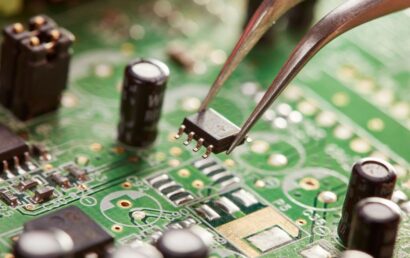Need Corrosion Resistant Coatings To Protect Seals And Bearings?
In addition to a variety of liquid and gas chemicals, exposure to marine climates, moisture, and water constantly attack bearings. Let’s take a look at some corrosion resistant coatings that help provide seals and bearings with protection against corrosive environments.
Corrosion Resistant Coatings
Whether bearings are manufactured from stainless steel or from chrome, anti-corrosion coatings can be applied. Compared to the natural state of the base metal, these coatings make surfaces less chemically reactive. In their selection of treatments or coatings, some industries choose to consult with the manufacturer of the bearings they use. This is because surface engineering is a highly specialized undertaking. In working with an experienced, established company that deals with protective coatings on a daily basis, they may be able to provide the same advice as would a bearing manufacturer. It all depends on the company.
These coatings used for their anti-corrosion properties to protect bearings in harsh environments include the following:
- Passivation (of stainless steel)
- Carbide and titanium nitride
- Galvanized zinc
- Nickel plating
- Cadmium plating
- TDC (thin dense chrome)
Seals Help Protect Bearings
Integral seals are available with certain types of bearings. Against contaminant ingression, the critical interior surfaces of the bearing are protected by these seals. Lubricant leakage is also prevented. Consider external seal options if you do not have integral seals, when using bearings.
A Buna-N rubber or a nitrate compound typically make up seals. On many types of bearings, and highly resistant to most chemicals, Teflon seals are available. Even more robust than Teflon seals are chemically resistant Viton seals.
The effectiveness of the design can be improved by seal shape and construction. Without increasing torque, labyrinth type seals improve sealing capability. With these seals, machined in the inner ring, the seal lip sits in a groove. Compared to single lip designs, added protection is offered by double lip seals.
Where Are Bearings Used?
There are numerous types of bearings. Whether a bearing is going to be used to handle radial load, thrust load, or a combination of both, helps to determine the precise design of a bearing. Helping to define their differences is the bearing’s type of load and its ability to handle weight. Bearing classifications include some of the following:
- Roller thrust variants
- Tapered roller variants
- Roller variants
- Ball thrust variants
- Ball variants
Sometimes, if these bearings are not sufficient for the project at hand, specialized bearings can be used. For example, the following specialized bearings are manufactured for use in specific applications:
- Magnetic bearings
- Giant roller bearings
Giant roller bearings are used when heavy loads are being moved, such as in the case of buildings, large structural components, etc. They are also used in the automotive industry in the car hubs found in car wheels.
Magnetic bearings offer increased stability for devices that move at incredibly fast/high speeds. These types of bearings are typically used in industrial applications such as the handling of natural gas, machine-tool operation, petroleum refinement, electrical power generation, and more.
Who Can You Rely on for Corrosion Resistant Coatings?
At A&A Coatings, we have a wide range of corrosion resistant coatings for various surfaces, applications, and unlimited industries. With our 70+ years of experience, and our huge inventory of materials from which to choose, we’re sure that we can help you improve your bottom line through cost savings and reduced downtimes.
Call or email us today for more information on our corrosion resistant coatings!



